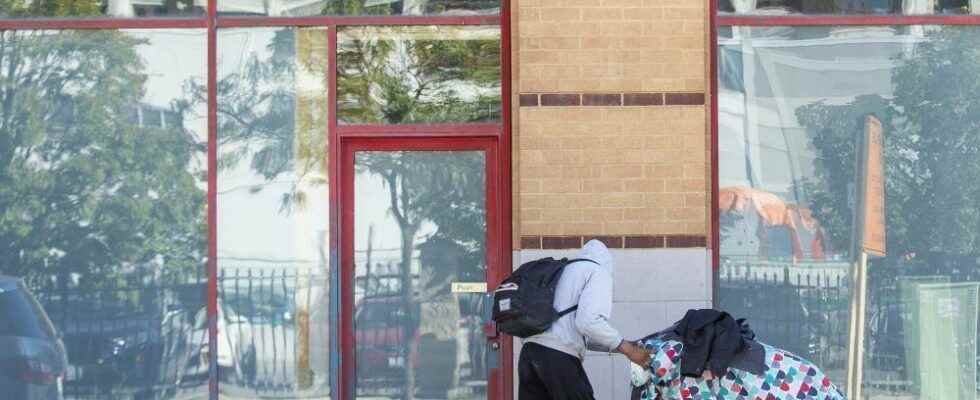
London’s biggest health-care institutions plan a summit to work on patching gaps and finding solutions to the homelessness crisis.
Both hospital networks, the Middlesex-London Health Unit, city hall, and mental health agencies are among the players putting on the health and homelessness event next week.
“homelessness is a problem that on the surface isn’t a health problem, and yet we know that, for manynot only is the reason they’re experiencing homelessness rooted in health issuesbut homelessness itself wihe worsen their health, period,” said Alex Summers, Middlesex-London medical officer of health.
Better co-ordination among health organizations and agencies to serve homeless Londoners is the goal of the summit.
“This is not about a bunch of people not doing their job, or not trying hard enough or not caring enough, that’s not the problem,” Summers said. “The problem is how we organize and take has system approach and make sure those gaps are filled.”
A co-ordinated response must be rooted in “compassion and humanity and care,” he said.
London is facing an escalating homelessness crisis, with hundreds sleeping outside and nearly 6,000 households waiting for public housing, some at risk of losing their homes in the meantime.
It’s led to clashes downtown, where safety and security is a concern for citizens and local businesses. Mounting pressure on city hall and council to tackle the issue has prompted calls for better health-care solutions to tackle mental illness and substance use challenges.
About 150 people will gather Nov. 9 to better understand the current reality and figure out next steps for “concrete and collective actions,” St. Joseph’s Health Care president Roy Butler said.
“We’re an anchor organization in our community and see a responsibility to contribute to the social and economic well-being of our communitynot just within our walls, goal outside,” he said.
St. Joseph’s offers outreach and inpatient mental health services.
London’s hospitals have been criticized in the past for falling short on homelessness, for example for discharging patients with nowhere to live back to the street, but Butler said there are partnerships and research aimed at closing those gaps.
“We partnered with other organizations like Indwell, to look at setting up supportive housing,” Butler said. “(We) also work together with other organizations to look at better models of crisis support for those suffering from mental health issues.”
The six-hour event will include non-profit agencies, people with lived experience of homelessness, and businesses.
Bringing together health-care and homelessness agencies, which sometimes working in isolation from one another, is “critically important,” said Sarah Campbell, executive director of Ark Aid Street Mission.
“When we talk about complex needs surrounding homelessness, the question often is what is the primary issue? Is it housing? Is it mental health? Is it addictions? Is it trauma?” she said.
“The truth of the matter is you can’t separate a person out and identify a primary cause. We know that people who are housed do better with treatment, we know that people who have treatment do better by being housed.”
It’s a complicated challenge to solve, Summers and Butler agreed. But organizations working on it have to be on the same page.
“To heal our community we’re going to have to do it collectively,” Butler said.
-with files by Randy Richmond
-

Sock it to me: London agency helping homeless receives huge boost
-

‘Devastating’: 15 homeless Londoners have died since August hunger strike
